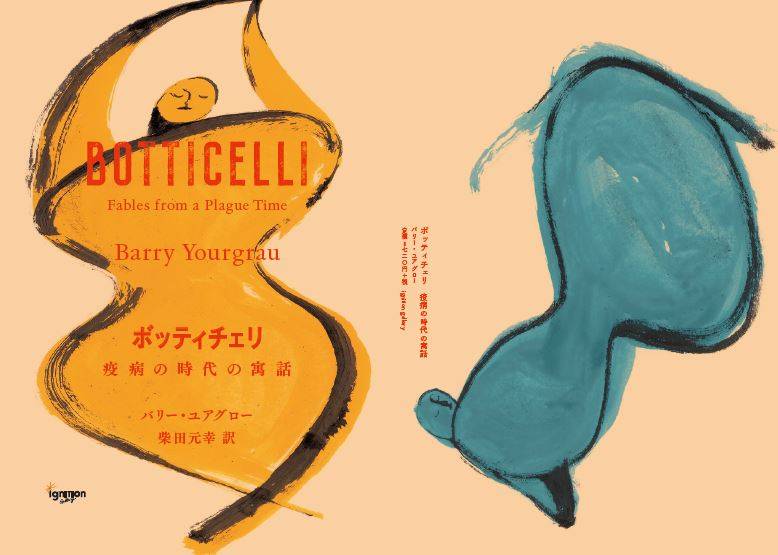Barry Yourgrau is a New York-based fiction writer, whose work has been translated into Japanese by noted translator, Motoyuki Shibata. The following essay about Yourgrau’s experience living through the COVID-19 pandemic and the collection of stories it inspired was originally published on the website Literary Hub (lithub.com) on Oct. 16, 2020.
I’m a writer specializing in very short fiction with a surrealist tinge. Starting in April, as the sirens wailed out my window in locked-down New York, I took to writing fable-like stories, and sending them — as emotional dispatches from a city in trauma — to Motoyuki Shibata, my longtime Japanese translator, in Tokyo. Quickly gathered into a little chapbook, these dispatches seem to have struck a deep chord halfway around the world.
As you surely know, New York this spring found itself the world’s epicenter of the coronavirus. And ethnically diverse Jackson Heights, where I live, and the surrounding dense, low-income Queens neighborhoods marked the epicenter’s epicenter. Located a mere six blocks from me, Elmhurst Hospital, whose services I’ve blithely used over the years, became the global image of the city’s unfolding horrors: the rain-sodden crowds outside trying to get tested, the waiting refrigerated morgue trucks, the overwhelmed corridors within. New York went into lockdown late March, and life flipped into a siege of unrelieved, tumultuous dread. Ghostly streets. People suddenly desperately in masks (where did they get them?). Confusing or nonexistent local safety guidance, besides the stunning neglect and pathology from the White House. Shortages — of testing, disinfectants, groceries.



